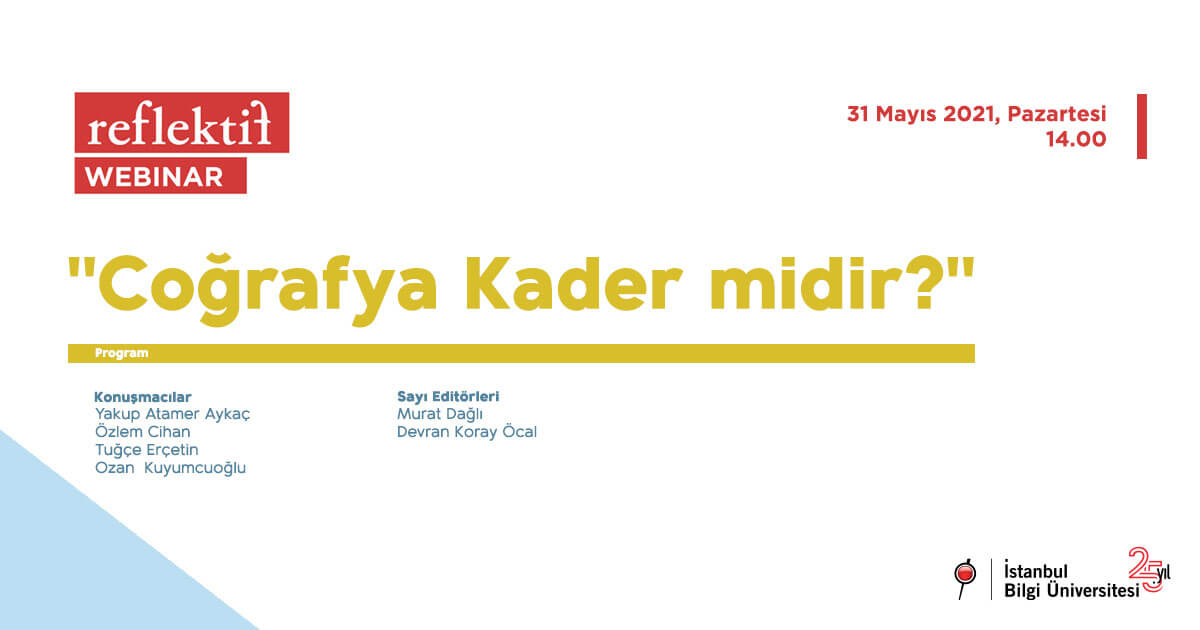Call for Papers: Multidisciplinary Approaches to Climate Change: Is Interdisciplinary Dialogue Possible in Climate Studies? - Volume 7 Issue 1 (2026): February
Climate change creates a wide range of research areas in the social sciences, from economic analysis of greenhouse gas mitigation to the structure of international negotiations, from the adaptation and resilience of cities to climate impacts to water and food policies. Although the triadic division of physical sciences, impacts, adaptation and mitigation in the IPCC (Intergovernmental Panel on Climate Change) assessment reports continues to dominate climate research, the multidimensional impacts of climate change and the complexity of solutions cause the studies carried out within the framework of a single discipline to remain limited.
Accelerating climate change is no longer only a scientific issue, but also a social, economic and political crisis that requires crossing traditional boundaries in different fields of science. Due to its multidimensional causes, impacts, and potential consequences, new directions and issues emerge, and climate change leads to new questions through multidimensional approaches. Especially in the age of poly crisis that signals to multiple crises such as climate change, migration, economic breakdown, political instability, and political conflicts, multidimensional perspective of climate change is necessary to investigate. This has made the climate crisis an increasingly distinctive theme for communication and cultural studies, as well as for literature, art, philosophy, and other humanities.
Read more about Call for Papers: Multidisciplinary Approaches to Climate Change: Is Interdisciplinary Dialogue Possible in Climate Studies? - Volume 7 Issue 1 (2026): February






